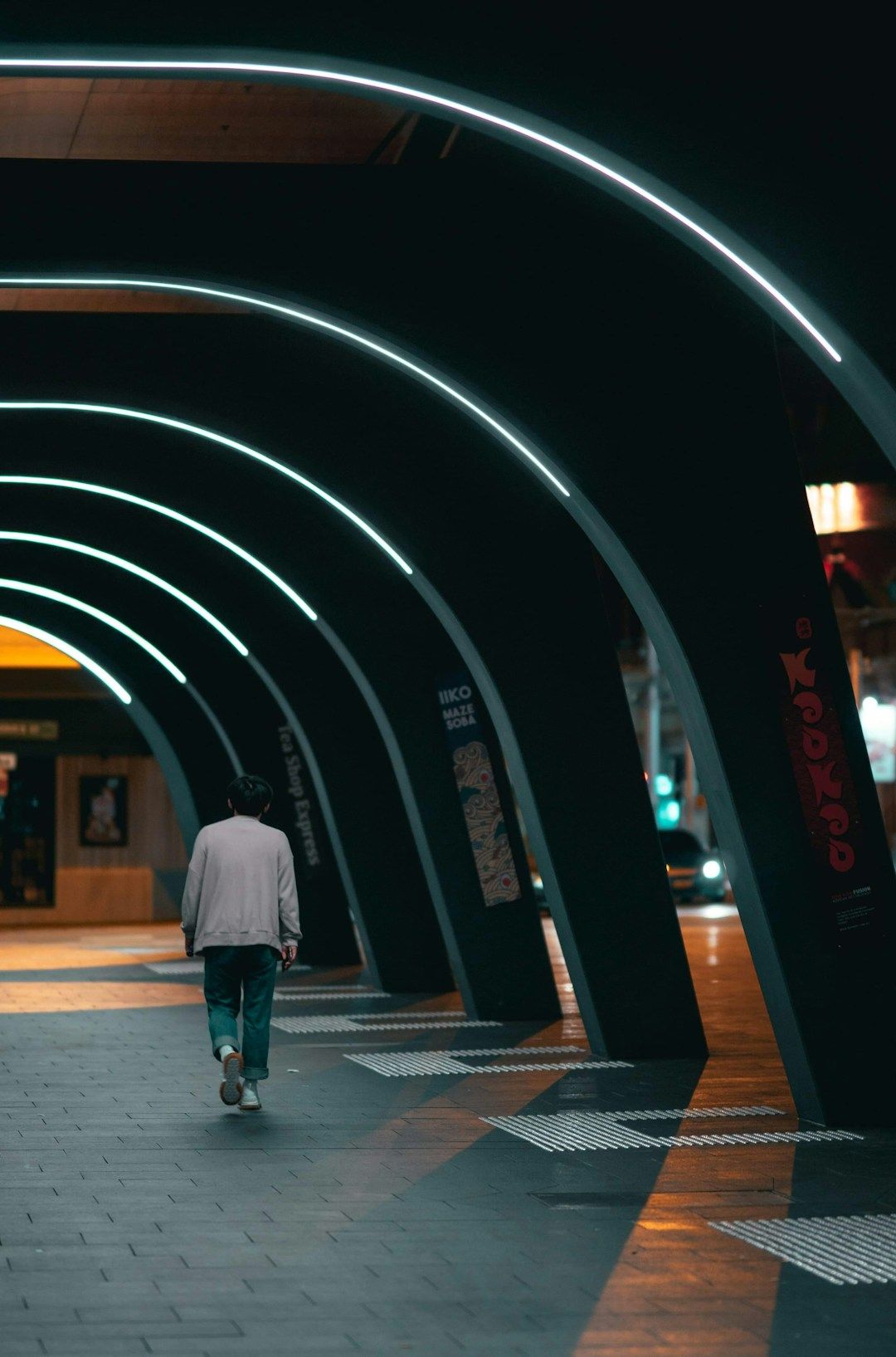Over the past few years, I’ve watched nightlife and leisure evolve dramatically.
Where once the pub or club was the default option, today’s audiences are craving something more meaningful, immersive and memorable. It’s no longer just about going out; it’s about what you experience when you do.
Welcome to the age of experiential leisure, a sector that’s booming, reshaping how we spend our time (and money), and presenting powerful opportunities for the night-time economy.

What Is Experiential Leisure?
Examples of Experiential Leisure
What else?
What Does the Future Look Like?
Write your awesome label here.
Final thoughts
The growth of experiential leisure is not a gimmick; it’s a reflection of deeper desires: for belonging, stimulation, creativity, and meaning.
This is an exciting time for the night-time economy. If we embrace the experiential shift with creativity, care and strategy, we can reimagine our cities after dark, not just as places to drink or dine, but as playgrounds of imagination, connection and culture.
If you’re looking to develop or fund an experiential leisure project, my team and I would love to help. We’ve supported hundreds of businesses, secured millions in funding, and understand what makes night-time innovation thrive.
Let’s build the future, one unforgettable experience at a time.
